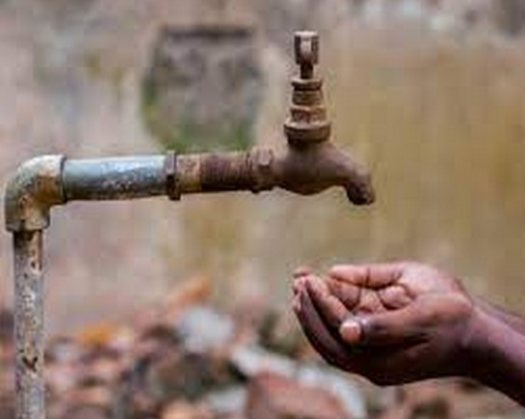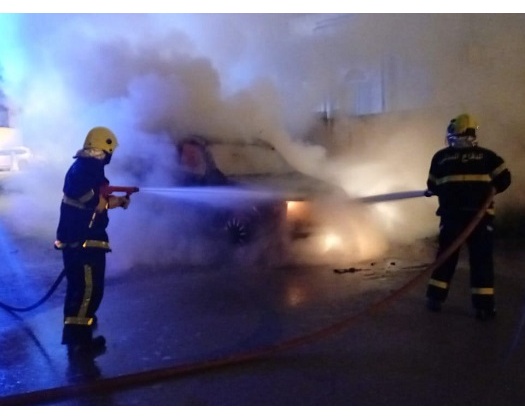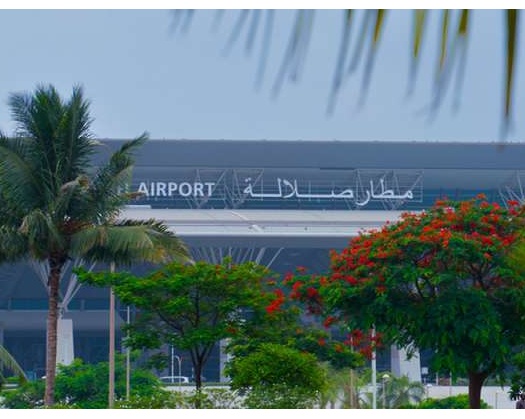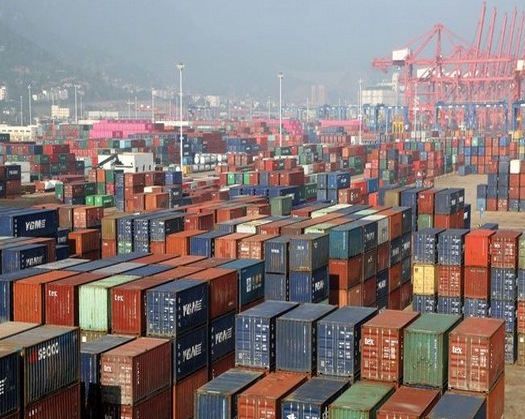Islamabad: A parliamentary panel in Pakistan has voiced grave concerns regarding the highly contaminated drinking water found in both urban and rural regions of Islamabad. Out of the 127 borewells in the federal capital, a total of 22 have been identified as unsuitable for human consumption.
During a session of the Senate Standing Committee on Water Resources, chaired by Senator Shahadat Awan, members deliberated on a survey conducted by the Pakistan Council of Research in Water Resources (PCRWR) in June 2024, which focused on the quality of water in Islamabad. The findings of this survey were presented by the Secretary of the Ministry of Water Resources, as reported by Dawn.
The Secretary briefed the committee on the findings of the survey, indicating that out of the 127 borewells examined, 105 were deemed safe, whereas 22 were classified as unsafe. Furthermore, among the 108 water filtration plants, 69 were considered safe, with 39 classified as unsafe. The assessment of 12 waterworks revealed that seven were deemed safe, while five were found to be unsafe. The situation in rural areas is particularly concerning, with 33 out of 41 water supply sources classified as unsafe.
The Secretary also reported the detection of two critical contaminants in the water: nitrates and microbial organisms.
Chairman of the Committee, Senator Shahadat Awan, expressed his concerns regarding the unsafe water supply in the capital, noting that this issue has persisted since 2019 and is of significant concern. He called for the Secretary of Water Resources to engage with the Capital Development Authority (CDA) on this critical issue and questioned the lack of action taken against the 22 unsafe borewells, despite previous reminders from the relevant ministry.
He recommended that the CDA undertake further testing, especially in light of claims by water management officials that 80 percent of the water situation in Islamabad has improved, a claim that contradicts the findings of the June 2024 report. Additionally, he sought confirmation and analysis of the water supply sources in Islamabad to ensure the accuracy of the data.
Beyond the issue of water contamination, the residents of the capital are grappling with a water shortage, requiring approximately 220 million gallons per day (mgd) of water, whereas the current supply from the Capital Development Authority (CDA) amounts to about 70 mgd, primarily sourced from Simly Dam, Khanpur Dam, and borewells. In rural areas, the reliance on small water schemes or groundwater is increasing, yet the underground water table is depleting at an alarming rate, as reported by Dawn.
Despite the escalating demand on groundwater and the growing population, the CDA has not made substantial efforts to explore alternative solutions to augment the water supply. Several projects have been proposed, including the construction of small dams such as Chiniot Dam, Shahdara Dam, and Chirah Dam (which would be shared with Rawalpindi), but these projects have yet to commence. Similarly, a major initiative aimed at delivering 100 mgd of water to Rawalpindi and Islamabad from Ghazi Barotha Dam, which was planned in 2007, remains stalled in the planning phase.
During a formal briefing on the issue of groundwater depletion in Balochistan, specifically focusing on the actions implemented by the Ministry of Water Resources, the chairman of the committee was informed that no surveys had been conducted since the year 2021. Drawing a parallel to the groundwater depletion crisis observed in neighboring Iran, Senator Awan underscored the critical need to avert a similar scenario in Pakistan.
Furthermore, Senator Awan raised concerns regarding the accessibility of precise data concerning the installation of tubewells since the year 2015, pointing out inconsistencies in the information provided to the committee.
The Secretary of the Ministry of Water Resources attributed the deteriorating water conditions in Balochistan to a failure in compliance with established directives. In response to this, the chairman called upon the Balochistan Irrigation Department to cease the construction of additional tubewells within the province.











